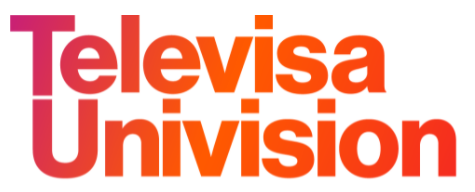A Dutch AI-driven dubbing service offering broadcast-level quality dubbing and voiceover services to global media has just “localized” 16 YouTube documentaries from a Paris-headquartered multi-platform video distribution company for cinema and TV rights holders — a sign that artificial intelligence could potentially shift the long-standing industry centered around human translation of feature films, television shows and even commercials.
The AI-powered dubbing comes courtesy of Dubformer just as CES 2024 begins in Las Vegas and a reborn NATPE Miami commences later this month with a decidedly Iberoamerican focus.
Amsterdam-based Dubformer notes the first project included seven titles, totaling 697 minutes, with translations from English and French to Brazilian-tinged Portuguese, German (for use across Switzerland, Austria and Germany), and español neutral — the Colombian Spanish widely seen in media across Latin America.
The second project featured 1,267 minutes of dubbing to Brazilian Portuguese, Italian, Russian, and Castellano — the lisp-heavy Spanish used across most of Spain outside of Catalonia.
French entity W4tchTV offers a revenue-sharing model for third-party multi-genre content. As such, the company aimed to boost volumes, enhance quality, and accelerate the speed of content translation through a partnership with Dubformer.
“We have been experimenting with AI dubbing tools since the early days and are aware of their limitations for certain types of content,” said Samuel Zaslavsky, CEO of W4tchTV. “In our quest for an end-to-end localization service that seamlessly blends AI with the human touch, we’ve tested various solutions. With Dubformer, we witnessed a significant improvement in the quality and emotional variability of synthesized voices.”
As part of the project, Dubformer used its in-house technology, including Automatic Speech Recognition (ASR), Text-to-Speech (TTS), Voice Biometrics, and Machine Translation.
The AI dubbing was complemented by the Human Touch platform, where professional proof-listeners reviewed and refined AI-generated content to guarantee a superior level of quality.
“The broadcast media is actively leveraging YouTube and other UGC (User-Generated Content) platforms, where traditional localization approaches prove inefficient,” said Anton Dvorkovich, CEO of Dubformer. “These platforms require large volumes of content with unpredictable monetization. Our approach empowers media companies to cut video localization costs by 30-50% without compromising on translation volume and broadcast quality.”
The global UGC industry generated $4.7 billion in 2022 and is anticipated to reach $71.3 billion by 2032, posting a CAGR of 31.6% from 2023 to 2032.








Recent Comments